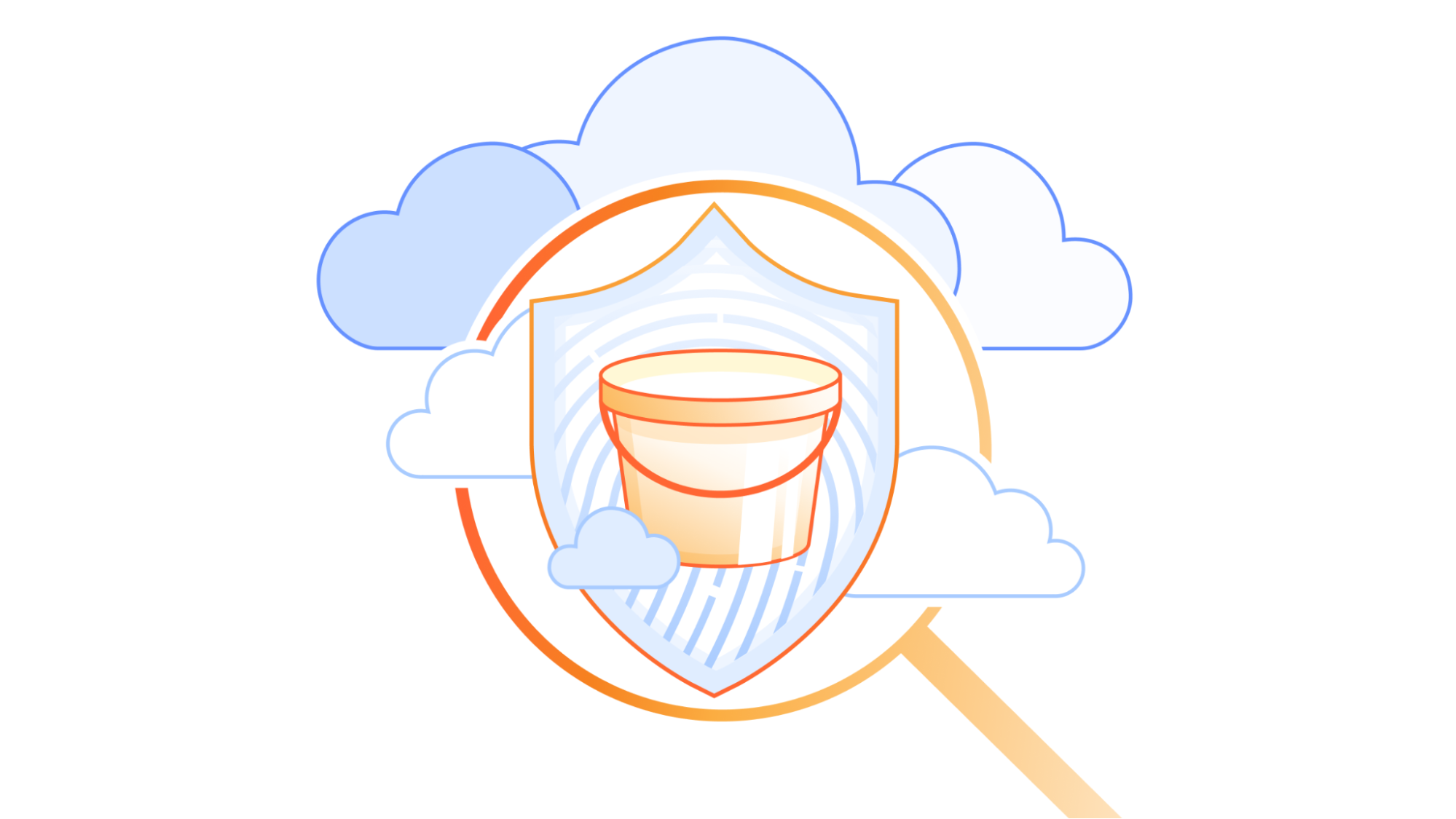Detecting sensitive data and misconfigurations in AWS and GCP with Cloudflare One
2025-03-21
Using Cloudflare’s CASB, integrate, scan, and detect sensitive data and misconfigurations in your cloud storage accounts....
Continue reading »
2025-03-21
Using Cloudflare’s CASB, integrate, scan, and detect sensitive data and misconfigurations in your cloud storage accounts....
Continue reading »
2024-03-06
Introducing Magic Cloud Networking, a new set of capabilities to visualize and automate cloud networks to give our customers secure, easy, and seamless connection to public cloud environments...
2018-04-03
How great would it be to have a dashboard with a holistic view of threats, malicious server activity, vulnerabilities, sensitive data access levels and a daily scan of resources across all of your applications and services? Now you can. ...
2018-02-23
One of the great things about container technology is that it delivers the same experience and functionality across different platforms. This frees you as a developer from having to rewrite or update your application to deploy it on a new cloud provider....
2017-11-21
A few months ago at Cloudflare’s Internet Summit, we hosted a discussion on A Cloud Without Handcuffs with Joe Beda, one of the creators of Kubernetes, and Brandon Phillips, the co-founder of CoreOS....
October 26, 2017 5:54 PM
We’re excited to announce that we now offer deep insights into your domain’s web traffic, working with Google Cloud Platform (GCP)....
October 06, 2017 2:00 PM
OnAir Video Presentation Abstract Looking to host your website, application, or API in the cloud, or migrate to a new cloud provider while keeping your data secure? In this webinar, Trey Guinn, Head of Solutions Engineering at Cloudflare, will discuss how companies should a...